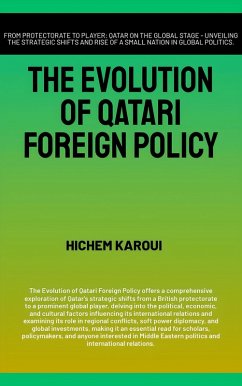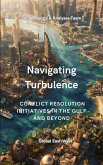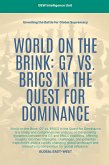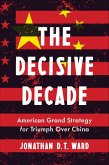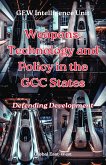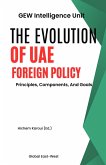• Past methods of analyzing Qatari foreign policy often centered on its economic transformation and strategic shifts without fully addressing the complexities of its geopolitical strategies and soft power initiatives. These approaches lacked a comprehensive view of Qatar's multifaceted foreign policy. This book is well-motivated as it aims to provide a holistic understanding of Qatar's foreign policy evolution.
• The research methodology proposed in this study includes a detailed historical analysis, case studies of key events such as the Arab Spring and the 2017 Gulf Crisis, and an examination of Qatar's use of media, diplomacy, and investment as tools of influence.
• The tasks addressed by the methods in this study include understanding Qatar's strategic use of soft power, its diplomatic balancing act with major powers, and its resilience during regional crises. The performance achieved by these methods supports the goals of providing a comprehensive analysis of Qatar's foreign policy evolution.
Methods
• Conducting a historical analysis of Qatar's transition from a British protectorate to an independent state;
• Examining the economic transformation brought about by the oil and gas boom and its impact on Qatar's strategic shifts;
• Analyzing Qatar's geopolitical strategy, including its use of soft power and media expansion through Al Jazeera;
• Investigating Qatar's diplomatic relations with major powers and its role in regional disputes and mediation efforts;
• Assessing the impact of the Arab Spring and the 2017 Gulf Crisis on Qatar's foreign policy;
• Evaluating Qatar's investment strategies, sports diplomacy, and preparations for hosting the FIFA World Cup 2022;
• Exploring Qatar's sustainable development goals, cultural diplomacy, educational initiatives, environmental policies, defense strategies, technological advancements, human rights challenges, regional cooperation, migration management, and energy policies.
Conclusion:
• The significance of this piece of work lies in its comprehensive analysis of Qatar's foreign policy evolution, highlighting the country's strategic use of its economic resources, media influence, and diplomatic efforts to establish itself as a significant player on the global stage.
• Innovation point: The book provides a holistic view of Qatar's foreign policy, integrating various aspects such as media influence, soft power, and economic diplomacy.
• Performance: The book effectively demonstrates Qatar's strategic resilience and adaptability in the face of regional and global challenges.
• Workload: The extensive scope of the book, covering multiple dimensions of Qatar's foreign policy, indicates a high workload in terms of research and analysis.
Dieser Download kann aus rechtlichen Gründen nur mit Rechnungsadresse in A, B, CY, CZ, D, DK, EW, E, FIN, F, GR, H, IRL, I, LT, L, LR, M, NL, PL, P, R, S, SLO, SK ausgeliefert werden.

